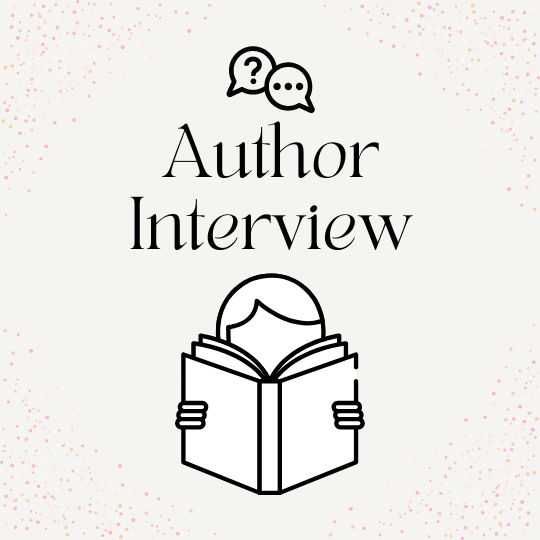Dislocation
Posted by Literary_Titan
THE VOID follows a young man from rural North Africa as he navigates cultural dissonances and racism in Europe, striving to find his identity amidst the societal norms and expectations that challenge his existence. What was the inspiration for the set-up of your story?
People, places and events trigger inspiration in writers or artists. Suddenly, it strikes those who strive to create or craft. An abstract idea takes a form or shape in their hands.
The conceptual origins of my work go back to my published play in 2020, Men in Dark (a play that revolves around the vulnerable homeless drifters in the UK). The worsening condition of these dispossessed pushovers looked to me appalling and left an indelible mark on my mind. I’m a perceptive and compassionate person, so I’m human-centered. Once, Leo Tolstey remarked, “ When you feel pain, you are alive, and when you feel pain for others, you are a human being.” It has profoundly impacted my perspective on the voiceless and fractured. I like to write about time-sensitive issues and internal struggles. Sadly, prevalent systems in affluent countries openly defeat the weaker and voiceless. It is the prime reason that I depicted the exodus of North African immigrants in my novel. Their incessant struggle in indifferent European nations and their grit to bounce back in the midst of the disingenuous configuration of events raise their stature as tragic heroes of Greek tragedy.
How did you approach developing the protagonist’s voice to reflect his experiences and internal struggles authentically?
I emphasize first-person experiences. The use of the first-person pronoun “I” is a safe form of personal, inadvertent disclosures. It is almost a raw use of monologue or soliloquy. It is more in-depth and indicative. It is overreaching and insightful. I’m prone to explanatory speech rather than descriptive prose.
What are some themes that were important for you to explore in this book?
The novel focuses on themes of dislocation or uprootedness, social disregard and human suffering. With a little effort, we can trace various tendrils that would gradually entwine with the main narrative because everything in the novel is as in life, more intimately blended than we generally care to guard against.
The bite of dislocation follows you in life. It gives a deep, long cut that remains irredeemable. The experience of dislocation opens up other voids in life. My novel, in fact, serves as a window onto deep structures of racial power that persist beneath the service-level societal and political trends. Racism gives low self-worth and depletes identity. They find themselves in the midst of chaos. The power groups in the front-line countries dither to alleviate the suffering of the downtrodden. It gives a subhuman life to people lower down the social scale. Human suffering anywhere concerns human beings everywhere. Such issues emanate as we follow a bottom-up model, not a top-down approach, to understand the health of the issues. I never write in a vacuum.
When and where will your book be available?
I have adopted the traditional publishing mode for my novel. My worthy literary agent is negotiating with publishers. I hope, soon things will fall in place. After the contract, I would be able to say something about its publishing date and the platforms or outlets where my book will be available.
Posted on May 7, 2024, in Interviews and tagged author, book, book recommendations, book review, book reviews, book shelf, bookblogger, books, books to read, ebook, fiction, goodreads, indie author, kindle, kobo, literature, nook, novel, read, reader, reading, Safdar Ali, story, THE VOID, writer, writing. Bookmark the permalink. Leave a comment.
Comment Cancel reply
This site uses Akismet to reduce spam. Learn how your comment data is processed.




Leave a comment
Comments 0